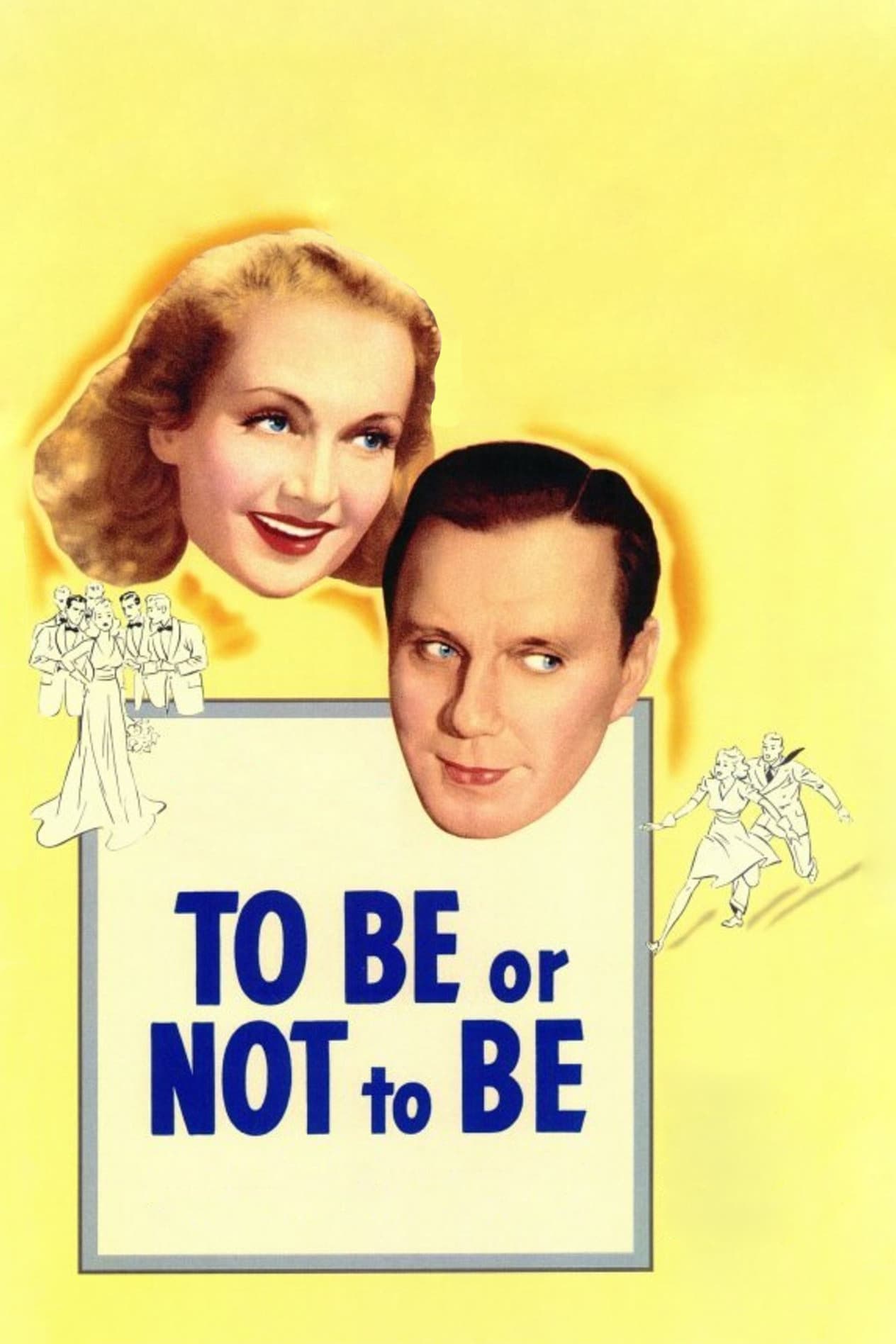
To Be or Not to Be
1942
Rate this movie
Average: 0.00 / 5
(0 votes)
Director
Lubitsch, master of lightness, takes on the challenge of a thorny subject like Nazism (during wartime) and creates an ironic and profound work. His renowned "Lubitsch Touch," usually associated with sophisticated romantic and social comedies, here elevates to become a tool of acute political analysis, demonstrating an almost brazen intellectual courage for the era (the film is from 1942). It is a sublime gamble to confront the totalitarian threat not with drama or direct condemnation – which would certainly have had their reason for being – but with the razor-sharp weapon of satire, unveiling its intrinsic absurdity and the fragility of its pompous facade.
In occupied Poland, a theater company stages Shakespeare's Hamlet after the German censorship vetoed a play titled Gestapo. The meta-theatrical context is immediately preponderant and configures itself as a brilliant narrative device. The impossibility of openly depicting reality (the drama "Gestapo") forces the actors to take refuge in the classicist fiction of Hamlet, but it is precisely from this fiction that their capacity for resistance springs. The stage becomes a microcosm where truth hides behind the veil of acting, and the performance, far from being mere escapism, reveals itself as an act of survival and defiance. The echo of Shakespeare, the master of deception and performance, amplifies the thematic resonance: Hamlet is a tragedy of appearances and hidden realities, just like the situation the actors find themselves living.
All this unfolds under the eyes of the invading Nazis, a constant and menacing presence that, paradoxically, itself becomes an object of derision. It is here that Lubitsch's comedy becomes sharper, stripping the oppressive power of its aura of invincibility through ridicule.
In the background is a complicated espionage plot in which the company participates to help the Polish resistance avoid trouble. The plot unfolds in a whirl of mistaken identities, disguises, and deceptions that transcend the stage to invade reality, transforming actors into spies and spies into actors, in a dizzying carousel of ambiguous identities. The logic of war, made of subterfuge and deception, merges with the logic of theater, where representation is its very essence.
Famous is the scene of the "to be or not to be" monologue (from which the film takes its title), which sees an incredible cascade of misunderstandings unfold among the Germans. This moment is the quintessence of Lubitschian genius. The most famous monologue in English literature, a profound inquiry into existence and death, is decontextualized and masterfully manipulated with comic flair, becoming the linchpin of an ingenious strategy of deception. Its obsessive repetition, its comic interruption by an enamored lady, its instrumentalization to confuse and mislead the Nazis, transform a sublime text into a keystone for survival. The humor is never gratuitous, but serves to unmask the regime's obtuseness and vanity, incapable of grasping the depth of the text or the subtlety of the mockery. The film's original title, "To Be or Not to Be," is not just a literal reference to the scene, but an existential question that extends to the very condition of the characters and occupied Poland: to exist or not, to resist or surrender, to act or to suffer.
A fresh, light, intelligent, incisive, almost parodic work, yet never vulgar in tone. Unlike other contemporary satires, such as Chaplin's albeit notable The Great Dictator, which, while sharing the intent to demystify Nazism, adopts more overtly farcical and moralizing tones, Lubitsch operates with surgical precision. His sarcasm is subtle, based on the implicit and the unsaid, on the construction of situations that expose the absurdity of power without ever resorting to crude caricature or didacticism. The comedy emerges from the collision between the self-imposed dignity of the Nazis and their inherent ridiculousness, between the gravity of the situation and the lightness with which it is handled by the artists.
A film that masterfully employed sober sarcasm to highlight the horrific contradictions of Nazism and the ruthless repressive machine it (still) concealed. It is the triumph of intellect over dogma, creativity over brutality, freedom over control. The contradictions emerge strikingly: their claim to intellectual superiority revealed by an almost childlike credulity; their thirst for absolute control clashing with the unpredictability of acting genius; their ruthlessness concealed by a comical bureaucratic rigidity. Lubitsch does not paint them as unattainable monsters, but as ordinary men (and thus even more unsettling in their adherence to evil) whose claim to greatness is constantly undermined by their own pettiness and their inability to grasp the subtlety of art and human ingenuity. The film has the prescience to grasp the essence of the regime before the full extent of its atrocities was manifest to the world.
A film, therefore, that inherently contains a social critique, layering it, through the weapon of irony, at various levels: the theatrical level, that of language, that of expressivity, and that of society tout court. On the theatrical level, acting is not just a profession but an art of survival, a way to navigate the constructed and dangerous reality of the occupation. The fusion between real life and theatrical fiction is complete, and the ability to lie convincingly becomes a cardinal virtue. Regarding language, Lubitsch explores its subversive potential: words, which the Nazis use to impose order and propaganda, are manipulated by the actors to confuse, deceive, and ultimately, resist. The power of the unsaid, of allusion, of double entendre, becomes a weapon more powerful than any explicit threat. On the plane of expressivity, the film is a manual of comic acting: Jack Benny, with his inimitable ability to express repressed irritation and vanity, and Carole Lombard, in her last, unforgettable performance, radiating irresistible charm and verve. Every gaze, every intonation, every gesture is calibrated to maximize the comic and dramatic effect. Finally, at the level of society tout court, To Be or Not to Be is a hymn to the resilience of the human spirit, to the ability to find humor and dignity even in the most desperate circumstances. It is a reminder that art, in all its forms, can be a most powerful form of resistance, a bulwark against oppression, capable of unmasking tyranny and reaffirming fundamental, irrepressible humanity.
Country
Gallery
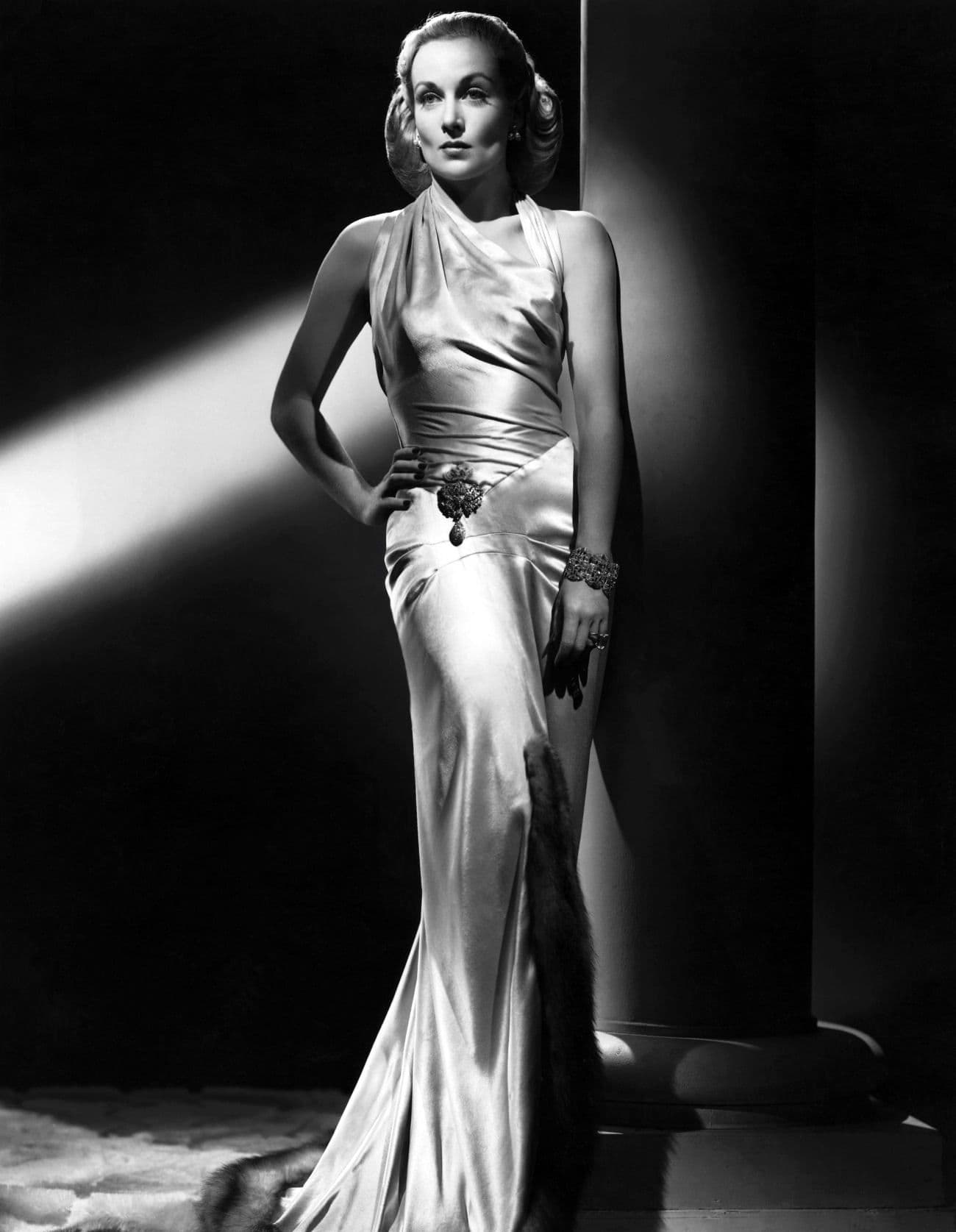
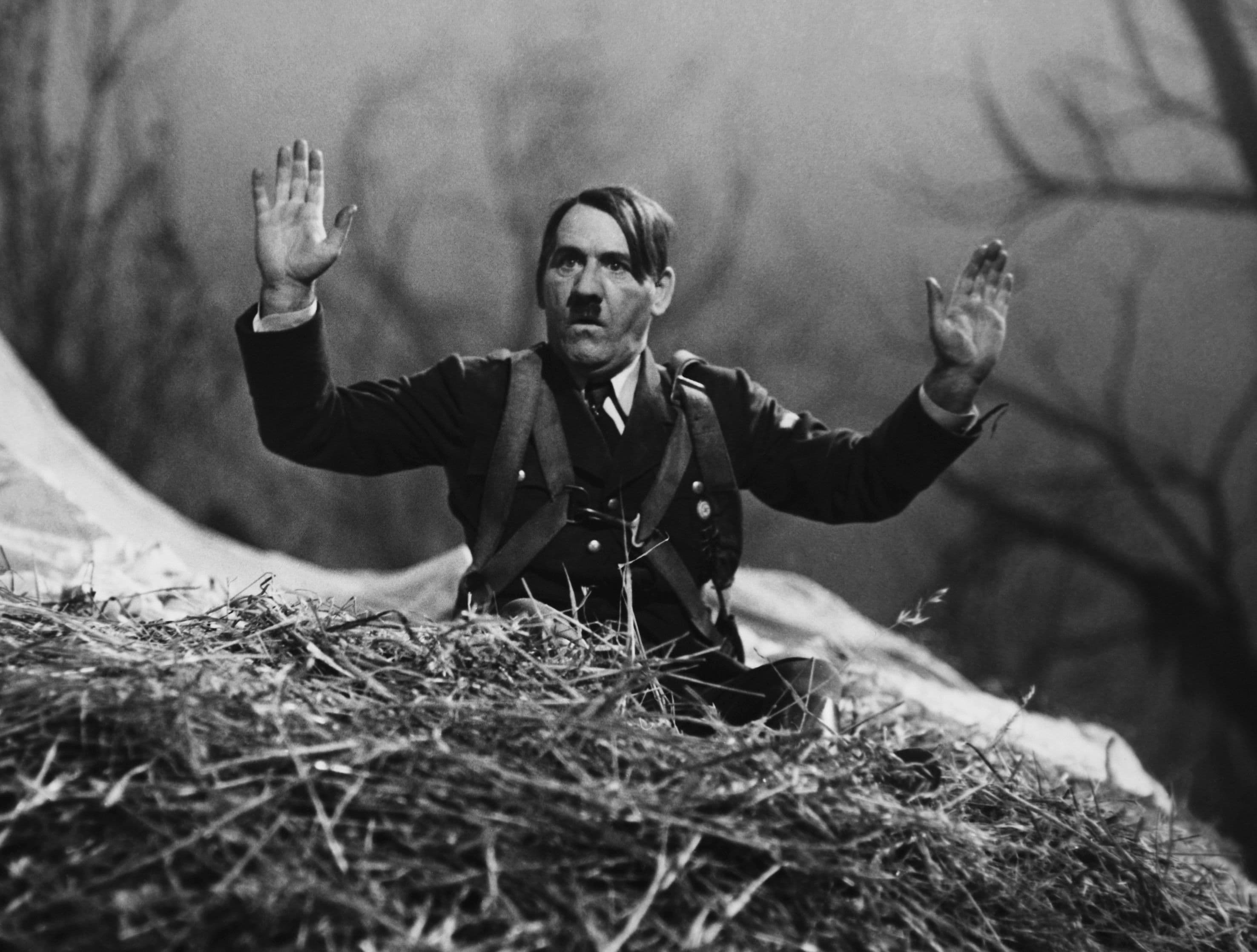
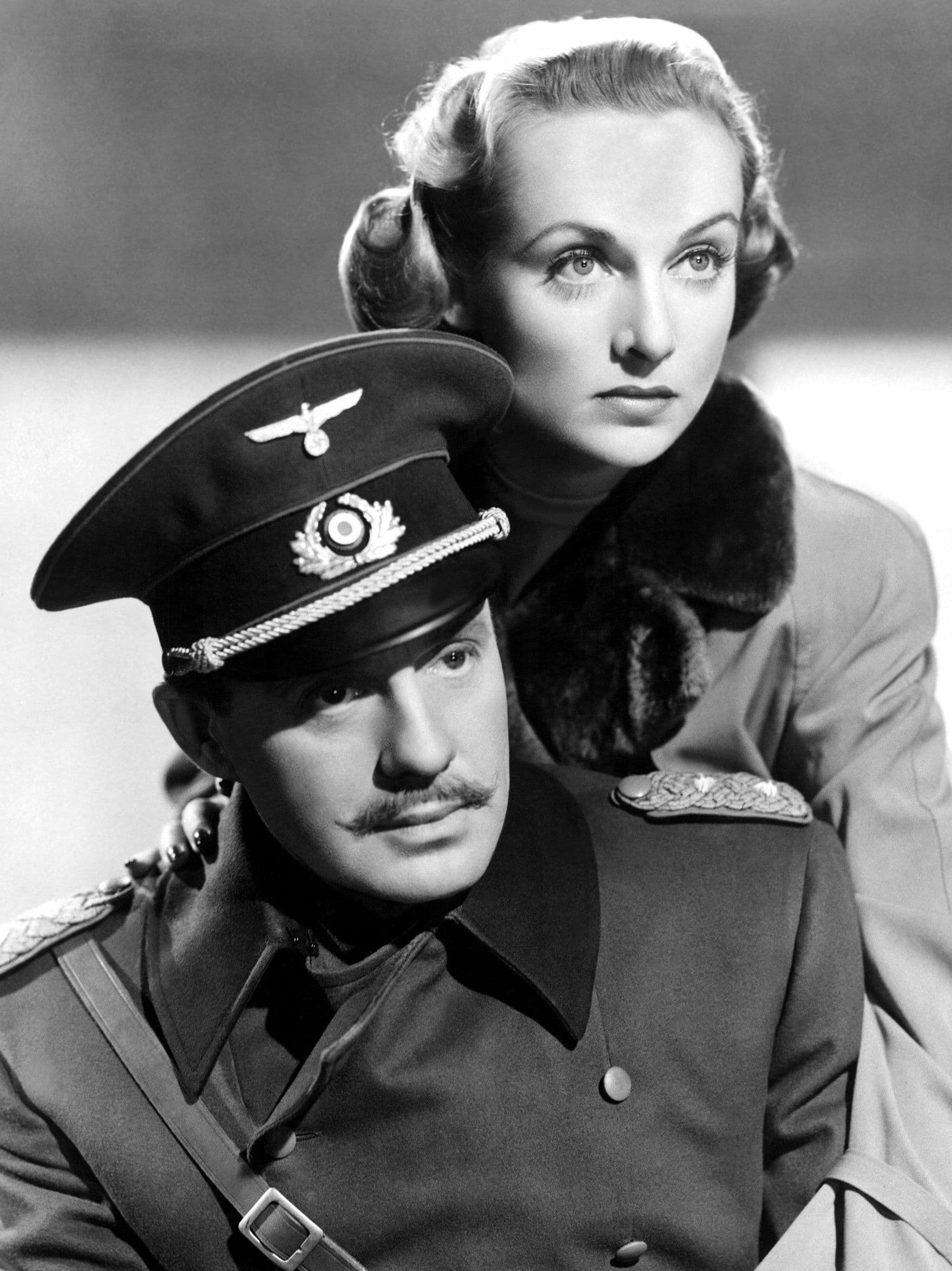
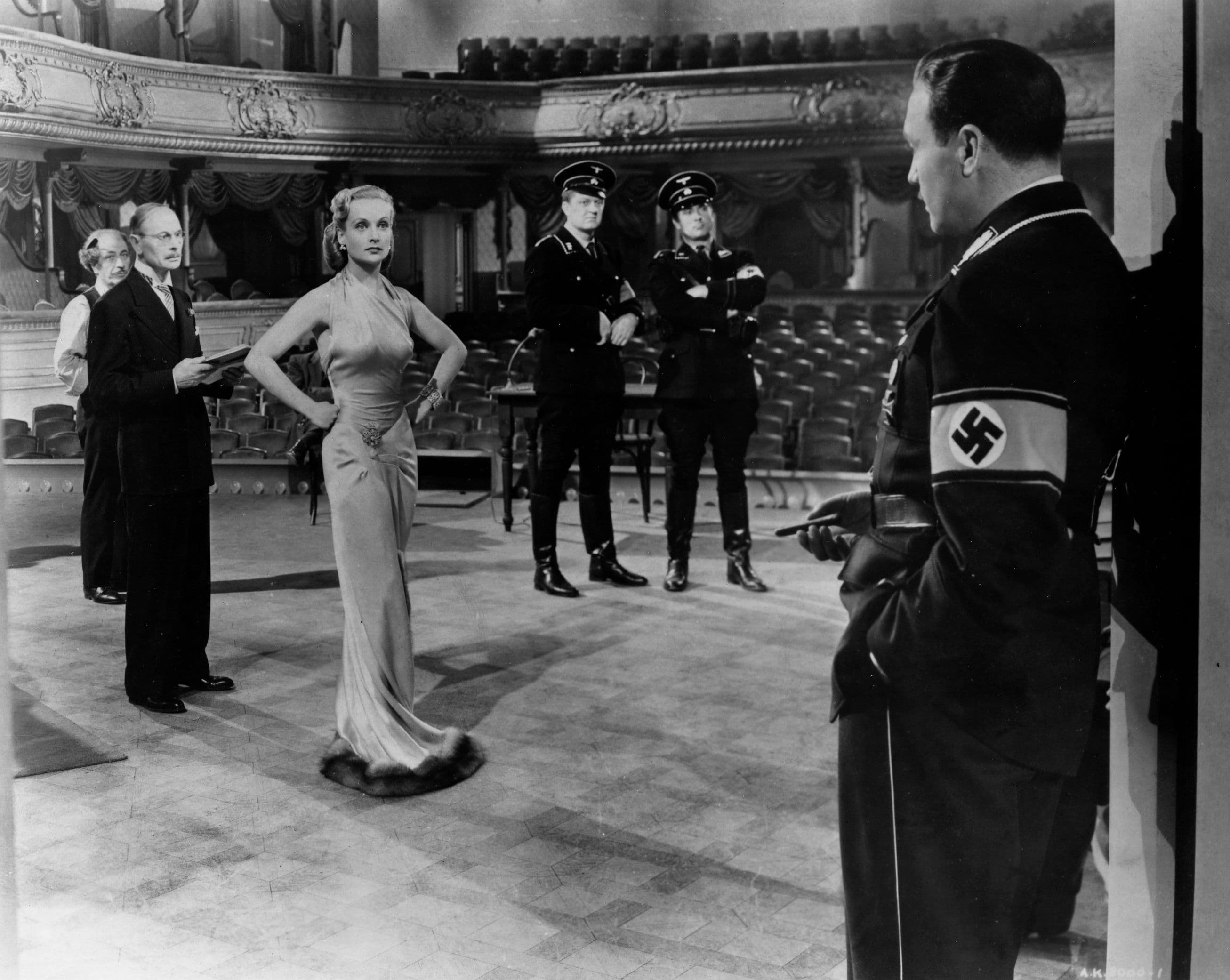

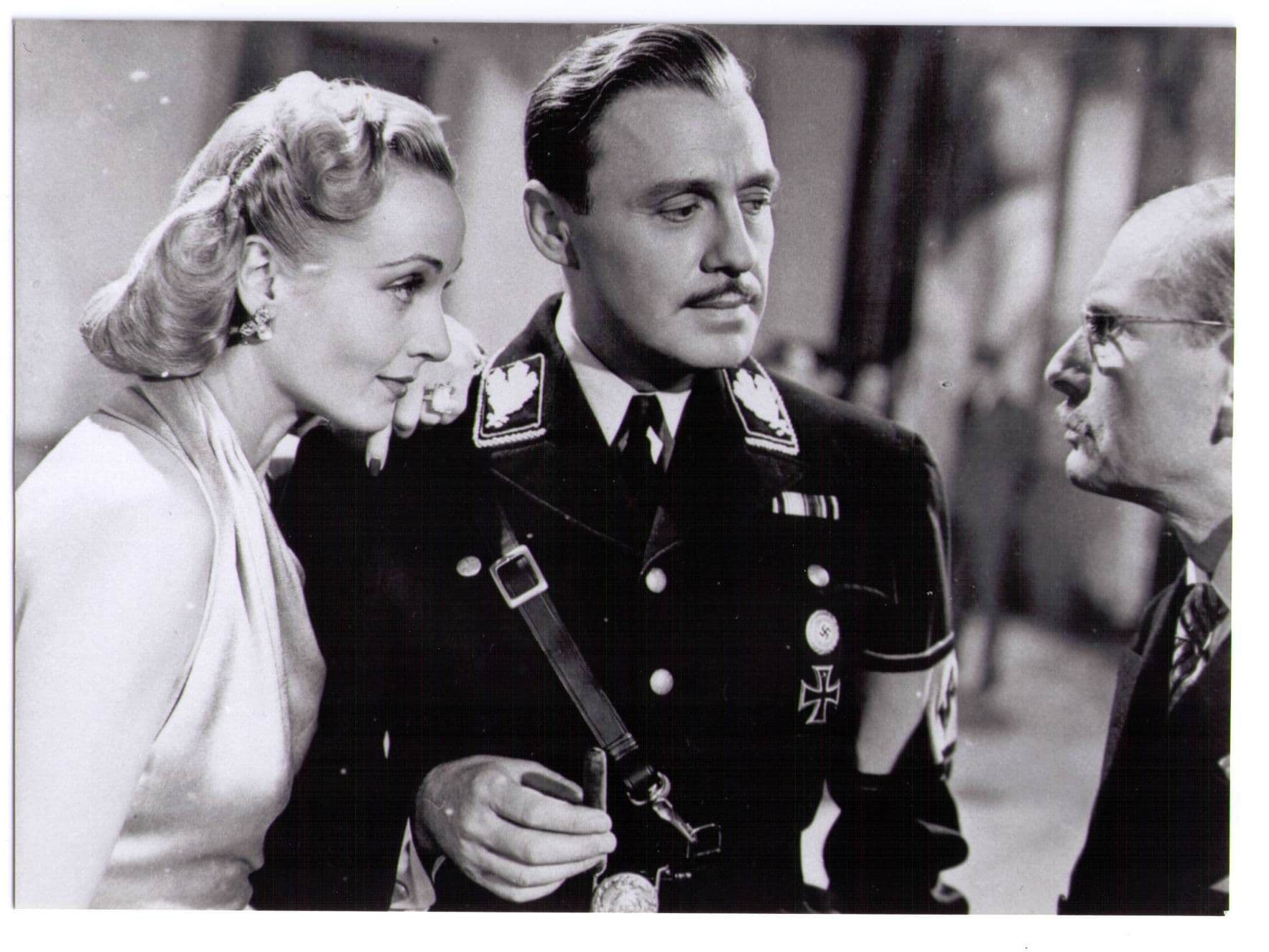
Comments
Loading comments...